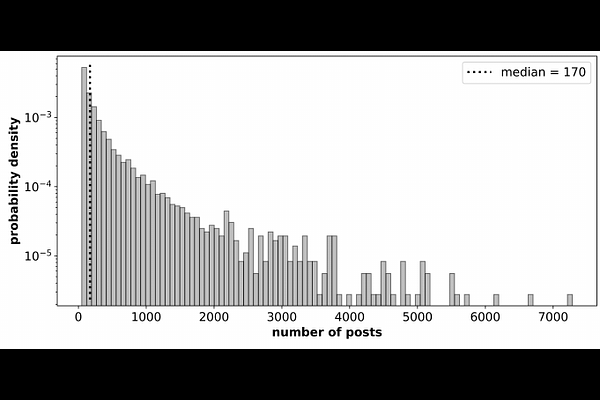CODY: A graph-based framework for the analysis of COnversation DYnamics in online social networks

CODY: A graph-based framework for the analysis of COnversation DYnamics in online social networks
John Ziegler, Fabian Kneissl, Michael Gertz
AbstractConversations are an integral part of online social media, and gaining insights into these conversations is of significant value for many commercial as well as academic use cases. From a computational perspective, however, analyzing conversation data is complex, and numerous aspects must be considered. Next to the structure of conversations, the discussed content - as well as their dynamics - have to be taken into account. Still, most existing modelling and analysis approaches focus only on one of these aspects and, in particular, lack the capability to investigate the temporal evolution of a conversation. To address these shortcomings, in this work, we present CODY, a content-aware, graph-based framework to study the dynamics of online conversations along multiple dimensions. Its capabilities are extensively demonstrated by conducting three experiments based on a large conversation dataset from the German political Twittersphere. First, the posting activity across the lifetime of conversations is examined. We find that posting activity follows an exponential saturation pattern. Based on this activity model, we develop a volume-based sampling method to study conversation dynamics using temporal network snapshots. In a second experiment, we focus on the evolution of a conversation's structure and leverage a novel metric, the temporal Wiener index, for that. Results indicate that as conversations progress, a conversation's structure tends to be less sprawling and more centered around the original seed post. Furthermore, focusing on the dynamics of content in conversations, the evolution of hashtag usage within conversations is studied. Initially used hashtags do not necessarily keep their dominant prevalence throughout the lifetime of a conversation. Instead, various "hashtag hijacking" scenarios are found.